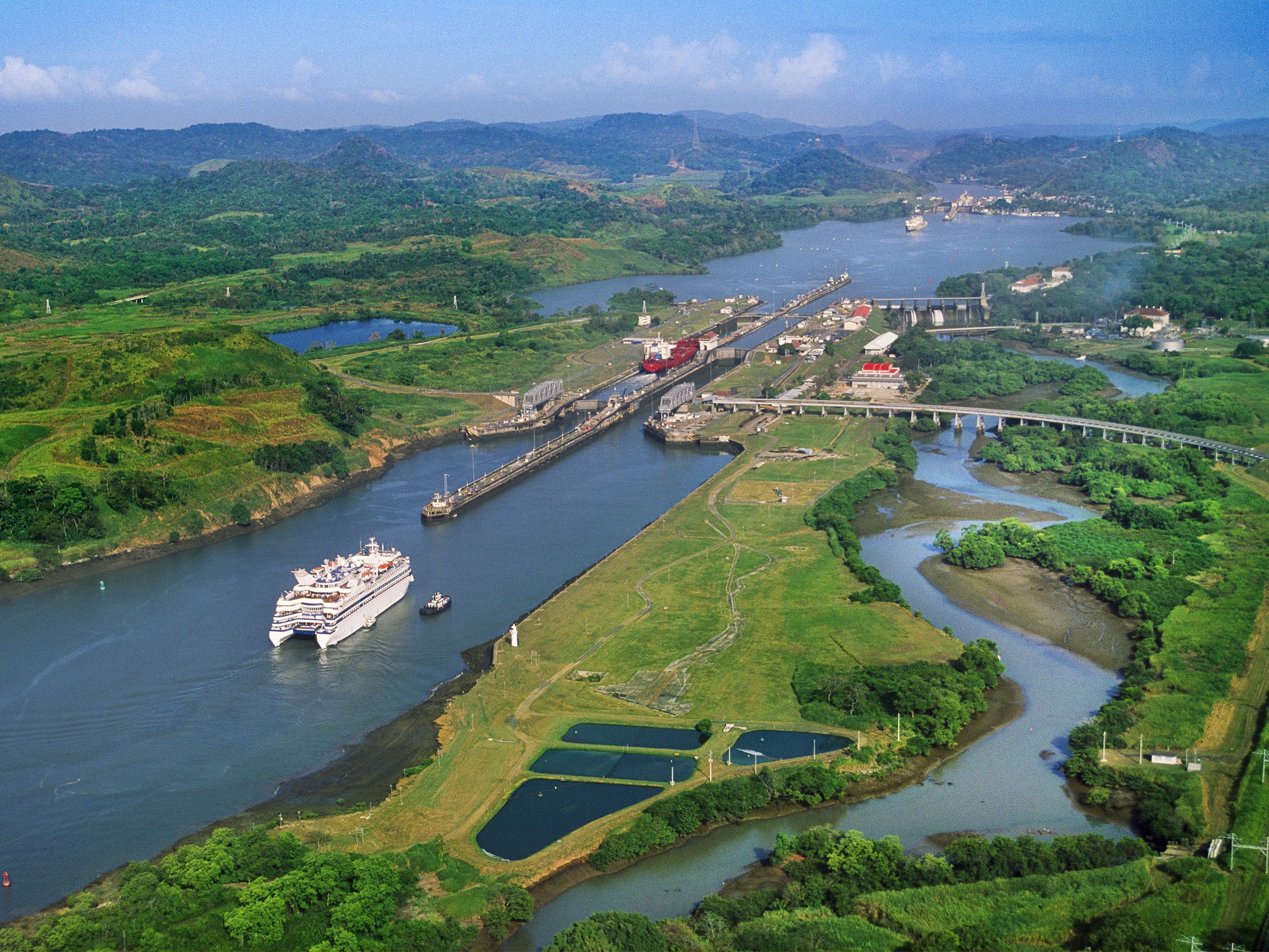
The Panama Canal auctions more spots to jump the line amid a growing backlog of ships waiting to transit key waterway for commodities
CAIRO : As the backlog of vessels waiting to cross the Panama Canal grows, authorities are letting ships bid on more spots that cut the line.
According to a notice released on last Friday, the latest auction will be open only to ships that have been waiting for 10 days or more.
“The purpose of this measure is to provide greater opportunity of obtaining a slot for vessels in the Panamax Locks that have been waiting in the transit queue for an extended period,” the advisory said.
The initial bid for the spot would start at $55,000, the notice said. But bids for earlier spots to cross the waterway have been as high as $4 million. In total, shipping companies have paid a sum of $235 million to get through the canal this year,
Those premium prices to jump the line arrive as an intense drought has lowered the canal’s water level, limiting the number of ships that can pass through at once.
In August, about 200 ships were trapped on either side of the canal, waiting for around three weeks to make the journey across, though that fell to about 95 by early October.
But the backlog is still long, so ships can either wait in line, pay up for a spot ahead, or just reroute. Earlier this month, the traffic jam caused two ships to U-turn just 10 miles away from the waterway.
“While the current water deficit persists in the Canal watershed, the Transit Reservation system is the only mechanism available to guarantee a transit date,” the notice read. “Therefore, vessels without reservation may experience indefinite delays.”
The canal is a major junction of global trade, especially for the US. Petroleum products, chemicals, and coal rank in the top list commodities that make their way through the canal, according to the Panama Canal Authority. But the current drought and ensuing traffic jam is threatening to stall trade in energy commodities, consumer goods, and food.
